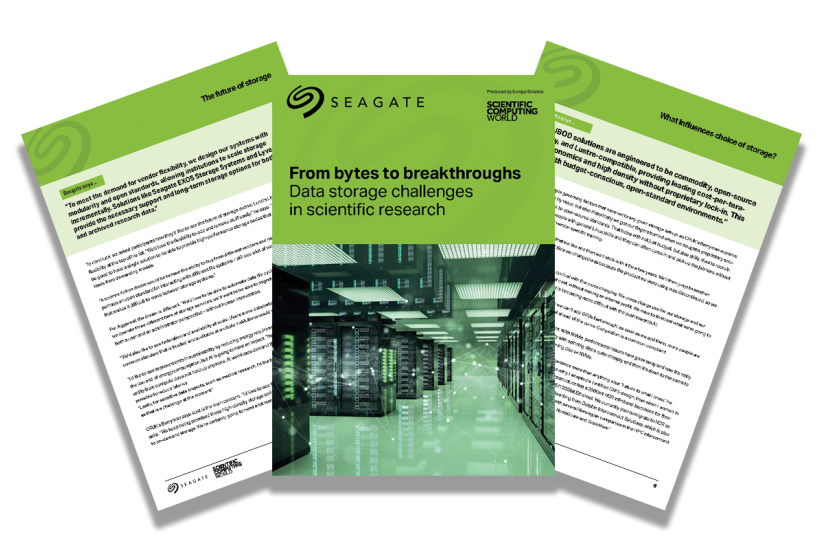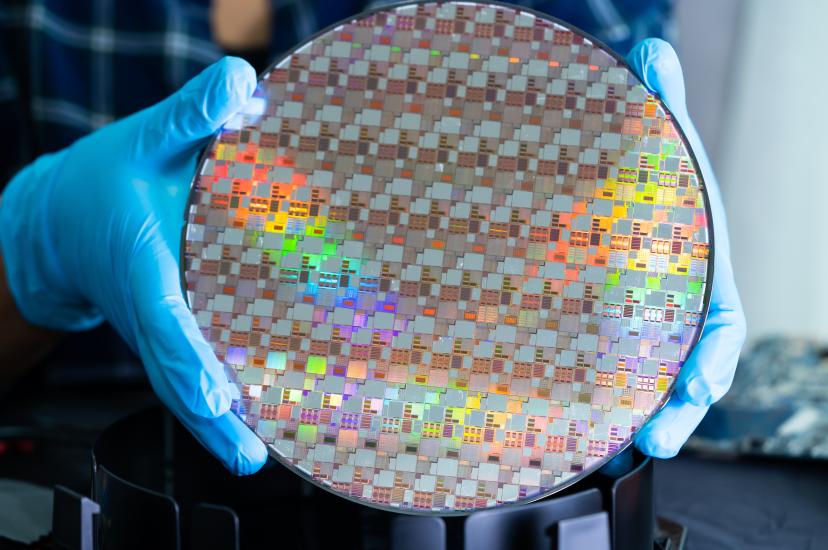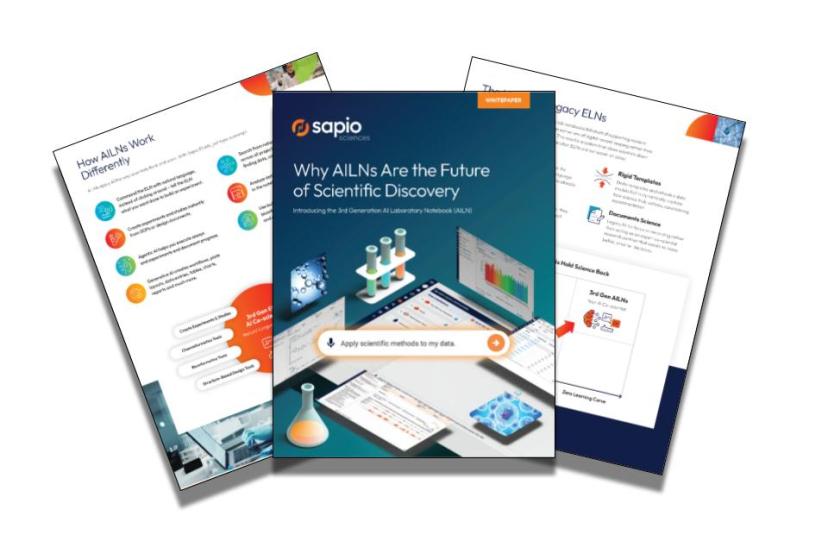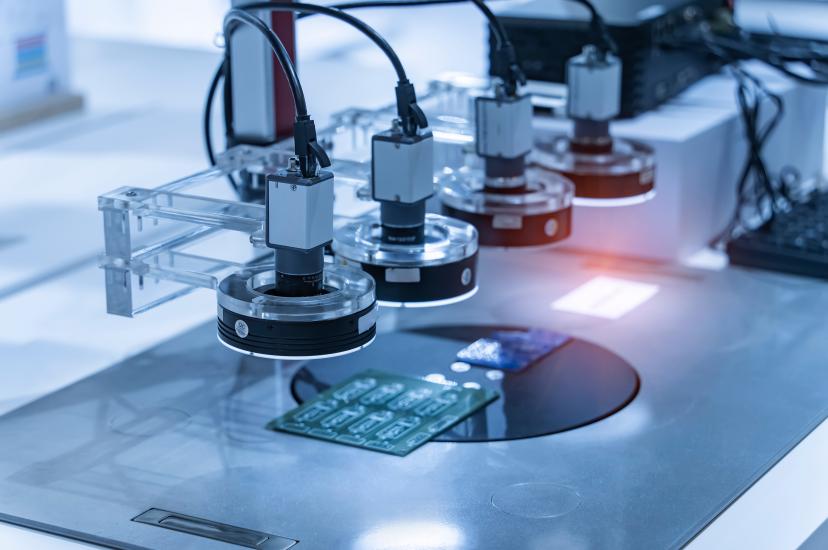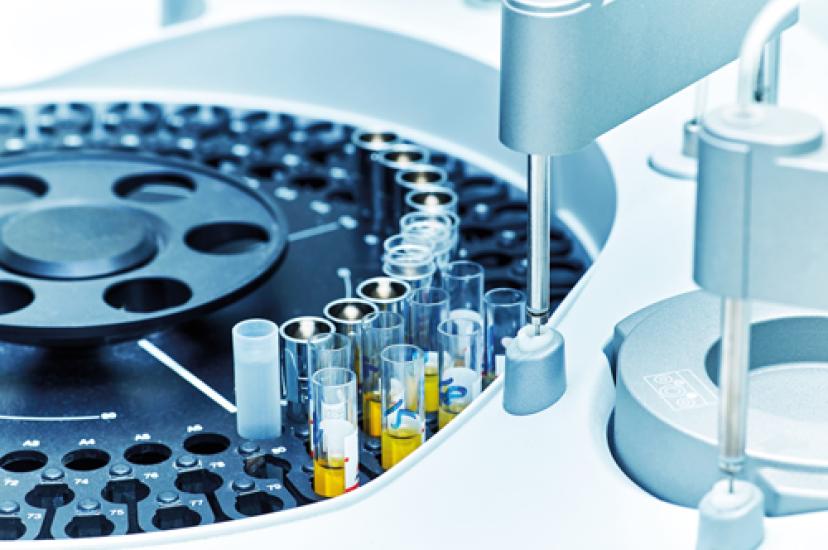Latest Scientific Computing News
Pagination
- Page 1
- Next page
HPC Breakthroughs
HPC Breakthroughs explores cutting-edge developments in
high-performance computing, artificial intelligence, and quantum technologies.
Featuring expert insights on exascale applications, AI innovation, quantum computing breakthroughs, and post-Moore's Law challenges, this comprehensive series of interviews showcases advanced computing solutions for today's critical scientific problems.
> More
Laboratory Informatics Guide
The Laboratory Informatics Guide is a year-round series of interviews, articles and virtual events that focuses on data management issues in the laboratory.
Our editorial team will be interviewing senior R&D and laboratory professionals from leading research organisations across a range of scientific disciplines: pharmaceuticals, life sciences, oil and gas, energy and environment, food and drink, and more.
If you wish to recommend a project where you feel the deployment of data management tools has been particularly innovative, please contact the editor.







